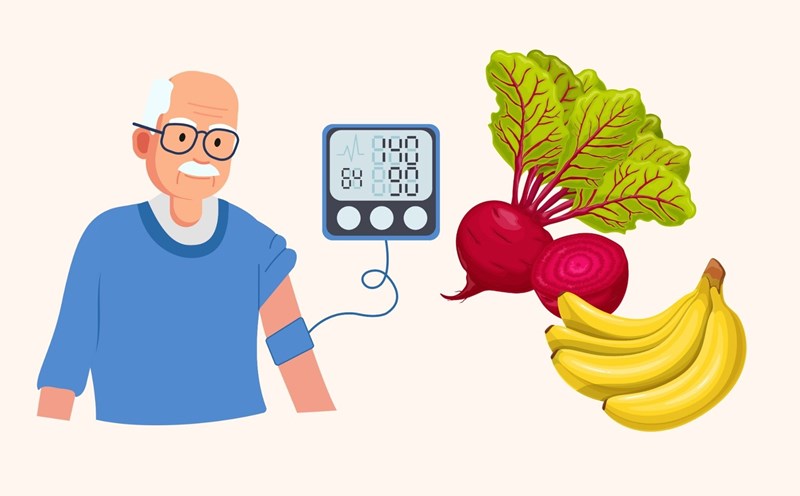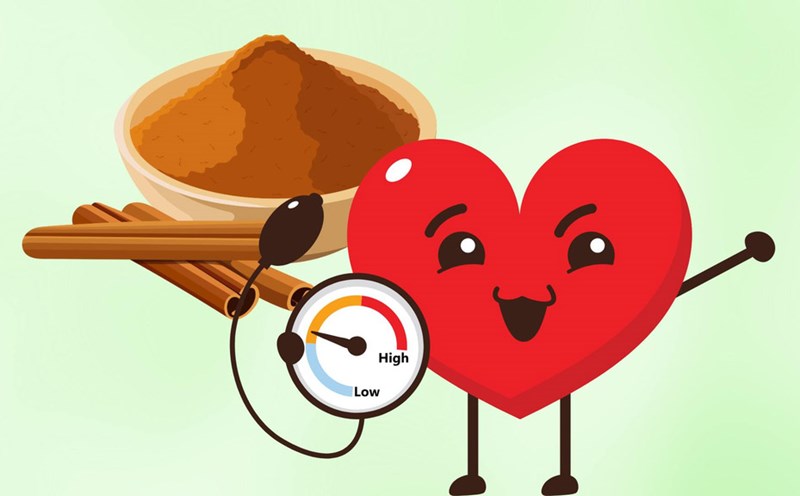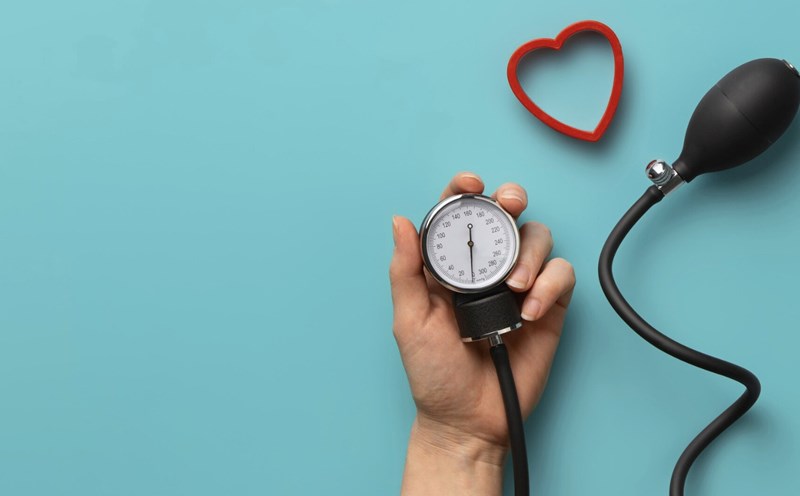1. Fiber
Fiber, especially from fruits, vegetables and whole grains, contributes to maintaining a healthy gut microbiome. Thanks to that, the body increases the production of short-chain fatty acids, which is beneficial for lowering blood pressure.
In addition, fiber has the ability to bind to cholesterol and support excretion, thereby helping to protect the heart.
2. Potassium
Potassium helps reduce pressure on blood vessel walls, lower blood pressure and balance the effects of sodium. Food sources rich in potassium include vegetables, beans, and yogurt.
3. Magnesium
Magnesium is involved in more than 300 biochemical reactions in the body, and is a mineral needed to stabilize blood pressure. In addition to whole grains and nuts, you can supplement magnesium through pumpkin seeds, chia seeds, soy milk or beans of all kinds.
4. Calcium
Calcium supports muscle function and helps blood vessels expand smoothly, thereby regulating blood pressure more effectively.
A rich source of calcium is found in milk, yogurt, cheese, tofu and plant milks.
5. Limit sodium
Cutting back on sodium is a key factor in controlling blood pressure. Excess sodium causes the body to retain water, increases blood volume and puts pressure on the artery walls. When choosing foods, you should prioritize products with low or no sodium.










